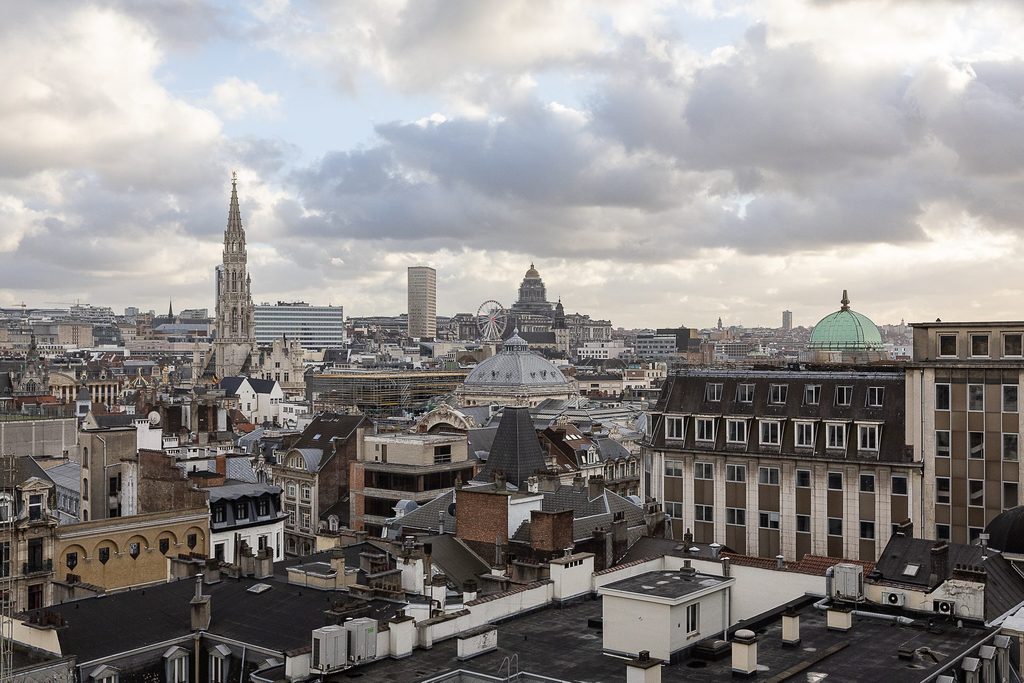Economic activity in Belgium slowed in the second quarter of this year, raising fears of the country falling into a recession in the run-up to winter.
According to data published by Eurostat on Monday, Belgium's quarterly GDP growth rate decelerated to 0.2% from April to June this year, down from 0.4% from January to March.
Belgium's rate of growth was also lower than the eurozone average of 0.3%, although it was slightly higher than the 0% average growth rate across the EU.
Ireland was the EU country which posted the greatest quarterly expansion (3.3%), followed by Lithuania (2.8%) and France (0.5%). By contrast, Sweden registered the largest economic contraction (-1.5%), while Latvia (-0.6%), Austria (-0.4%) and Italy (-0.3%) also experienced negative growth.
Earlier this month, International Energy Agency Executive Director Fatih Birol warned that a combination of cold weather and China's increasing demand for energy could significantly exacerbate Europe's economic difficulties this winter.
"In a scenario where the Chinese economy is very strong, buys a lot of energy from the markets, and we have a harsh winter, we may see strong upward pressure under natural gas prices, which in turn will put an extra burden on consumers," he said.
Inflated hopes?
Belgium's poor growth figures contrast markedly with its low inflation rate, which recently fell below the European Central Bank's (ECB) 2% target for the first time in two years.
However, at 5.3%, average inflation across the eurozone still remains significantly higher than the ECB target rate, despite having declined from a peak of 10.6% in October.
More worryingly, the eurozone's core inflation rate – which strips out energy and volatile food prices and is widely considered to provide a better assessment of underlying price pressures than the headline rate – remains stubbornly high at 5.5%.
Last Thursday, the ECB hiked interest rates by 25 basis points (0.25 percentage points), bringing its benchmark deposit facility rate to a record high of 3.75%. The bank justified its move by suggesting that inflation, although declining, "is still expected to remain too high for too long".
Related News
- 'We are getting closer': ECB hikes interest rates to record high
- Hitting the target: Inflation in Belgium falls below 2% for first time in two years
The hike means that the ECB has now raised interest rates nine times in the past year as it attempts to dampen persistent price pressures, which are driven in large part by high food prices.
In an interview with Le Figaro published on Sunday, ECB President Christine Lagarde reiterated her view that interest rates need to remain "sufficiently restrictive for as long as necessary" in order for inflation to fall back to the bank's 2% target in the "medium-term".
She also noted that the ECB's tight policy will inevitably entail lower growth rates. "Our aim is to lower inflation and our primary mandate is to maintain price stability in the medium term," she said. "That necessarily involves a decline in activity."

